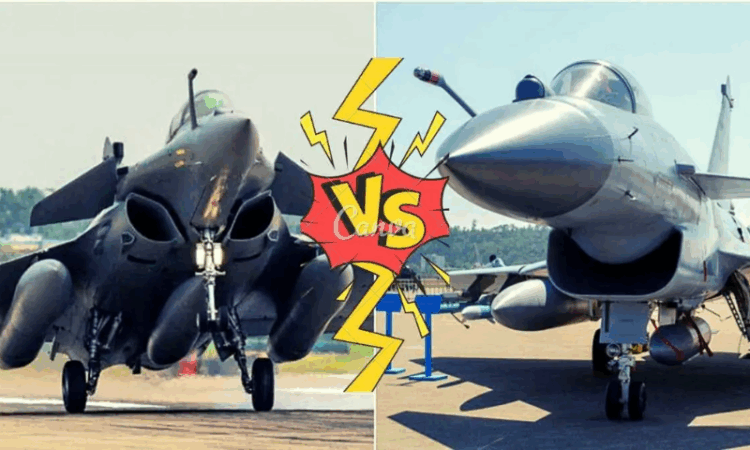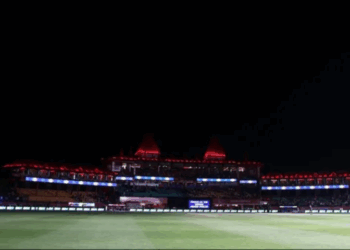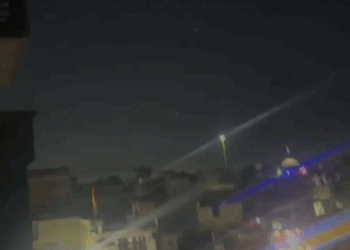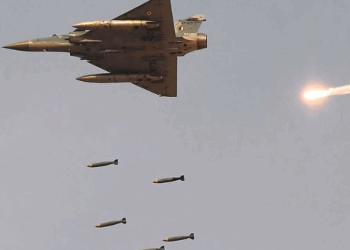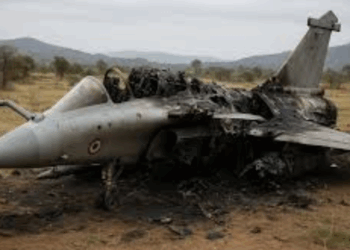Islamabad/New Delhi, May 7, 2025: Shares of China’s Chengdu Aircraft Corporation (CAC) surged on Wednesday, while those of France’s Dassault Aviation sharply declined, following Pakistan’s downing of multiple Indian military aircraft amid a severe escalation in cross-border hostilities.
The Pakistan Air Force (PAF) reported it had shot down five Indian aircraft, including three Rafale fighter jets, in response to a series of Indian airstrikes that killed 26 civilians and injured 46 others across several Pakistani cities. The Rafales, along with a MiG-29, an Su-series jet, and a Heron surveillance drone, were engaged during what Pakistan described as a “measured and defensive” response.
The incident triggered an immediate reaction in defense markets. CAC shares on the Shenzhen Stock Exchange surged by 18.18%, rising to CNY 71.08 by mid-morning. The rise reflected increased investor confidence in Chinese-made jets — particularly the JF-17 Thunder and J-10C — which form the backbone of the PAF’s air fleet.
In stark contrast, Dassault Aviation — the French manufacturer of the Rafale jets — saw its shares fall significantly, hit by investor concerns over the performance of its premier fighter aircraft. On May 7, Dassault stock fell over 6% at one point, before stabilizing with a 1.64% drop by 11:53 AM PKT, trading at EUR 324 on the Paris stock exchange. Analysts attributed the decline to both the symbolic and operational blow suffered by the Indian Air Force (IAF), which relies on Rafales as its frontline fighters.
“Losing three Rafales in a single engagement is a major setback — both technically and diplomatically,” one defense analyst noted. “This undermines the perception of superiority that India had projected around its Rafale fleet.”
Pakistan’s military spokesperson, Lt Gen Ahmed Sharif Chaudhry, confirmed the engagements and stated that all PAF aircraft had returned safely. He dismissed Indian claims of downing Pakistani jets as “baseless and diversionary,” adding, “This is merely an attempt to mask the operational failure and public fallout from losing the Rafales.”
The broader implications of this aerial confrontation quickly echoed in global defense circles. CAC’s stock performance is seen as a vote of confidence in China’s growing aerospace clout, particularly among allied or non-aligned nations seeking reliable alternatives to Western defense suppliers.
Meanwhile, Dassault’s dip highlights the vulnerability of high-profile defense companies to real-world battlefield outcomes, especially in regions prone to rapid escalation. The episode also casts a shadow over India’s strategic air power narrative, which had positioned the Rafale acquisition as a game-changer.
With tensions still simmering between the two nuclear-armed neighbors, markets remain volatile. Investors and governments alike are watching closely as both sides weigh further actions — and as questions rise over the reliability, resilience, and reputational costs tied to modern military hardware.

